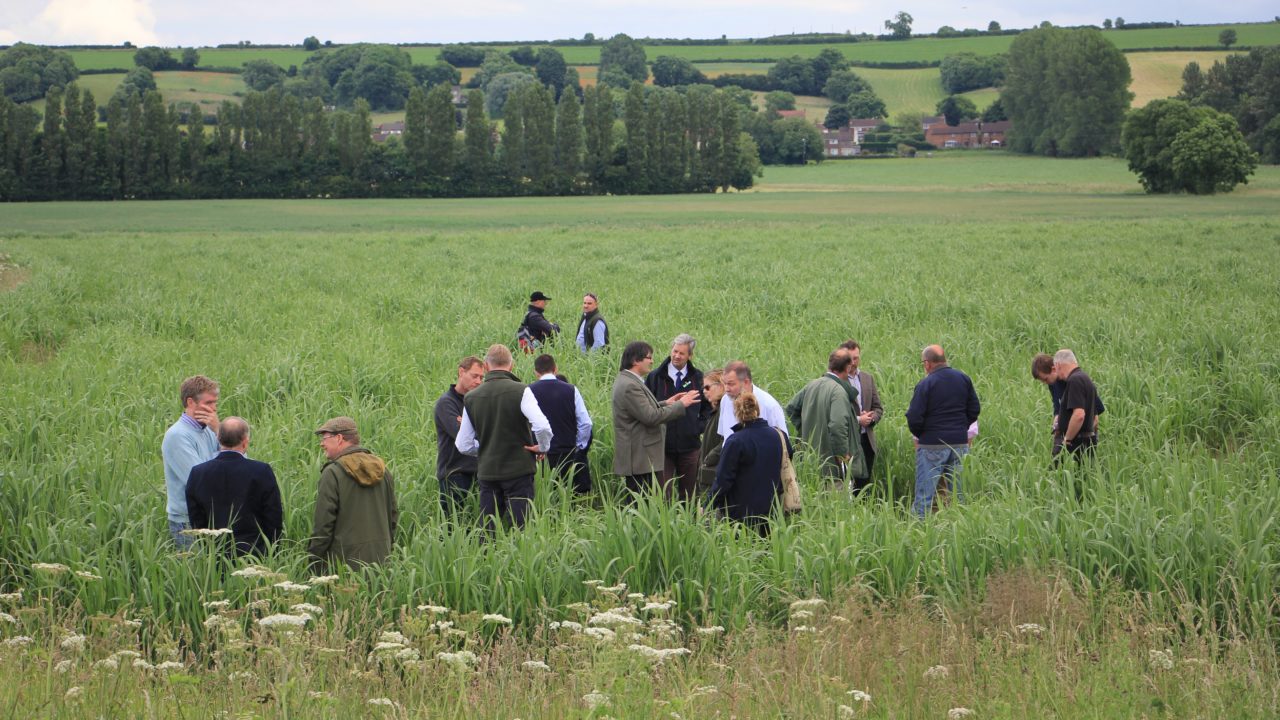The Elwes Estate in Lincolnshire comprises 1000ha and in 2021 it took the decision to plant Miscanthus on six fields which were making a loss in the arable rotation. These fields will be showcased on a farm walk taking place on Wednesday, June 1, 2022.
The event is co-hosted by agricultural consultancy Active Business Partnerships (ActiveBP) and Terravesta , and runs from 9:30 – 11:30am.
The farm walk will look at the 45ha of Miscanthus planted on wet, heavy clay fields with an aggressive blackgrass infestation, where farm operations manager, Andrew Radley, said it’s made his life easier.
“We were making a loss on the fields, they looked fine in the autumn months, but come springtime, the wet soil and blackgrass was a bad combination,” he said.
He explained that the Miscanthus establishment went well, and the crop should fill out and out-compete the blackgrass.
“The high canopy of the crop should smother the blackgrass.
“Miscanthus has a place on any type of poor land, and we are planting more this year.”

Peter Roberts, farm business consultant at Active Business Partnerships, says the less productive fields on the farm are wet and problematic, and Miscanthus is proving to be the ideal solution.
“Miscanthus has minimal inputs and no fertiliser, so it’s low maintenance and means efforts can be concentrated on the rest of the farm, while the Miscanthus takes care of itself.
“Before the Miscanthus, the cereals could be in standing water for long periods, and now this doesn’t matter, in fact, the crop thrives in it and the leaf litter which is shed from plants each year and the underground rhizome network should help to stabilise the soil and assist harvesting in the spring,” he said

